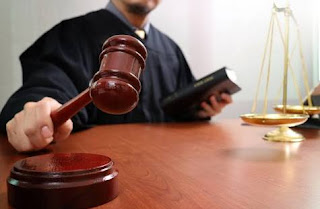
UNDERSTANDING THE CONCEPTS "EQUITY" AND "EQUALITY" Equity and equality are two strategies we can use in an effort to produce fairness. Equity is giving everyone what they need to be successful. Equality is treating everyone the same. Equality aims to promote fairness, but it can only work if everyone starts from the same place and needs the same help. Equity appears unfair, but it actively moves everyone closer to success by “leveling the playing field.” But not everyone starts at the same place, and not everyone has the same needs. Due to this concrete fact, presenting equality as a yardstick for fairness will only foster more Injustice. A general example can be made using a child and an adult. Giving these two separate persons the same equal amount of time to get to a location will become unfair to the child, and generally to anyone who hears about it. Equity takes in and observe how things are, circumstances, beliefs. It gives it's response ...

